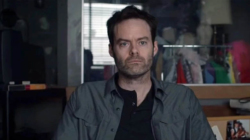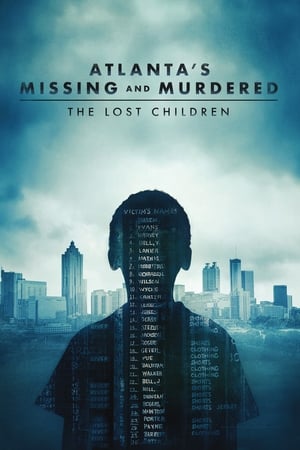

Atlanta's Missing and Murdered: The Lost Children
Season: 1
This docuseries explores the period between 1979 and 1981 when at least 30 African-American children and young adults disappeared or were murdered in Atlanta, Georgia.
Documentary, Crime
Episodes (5)
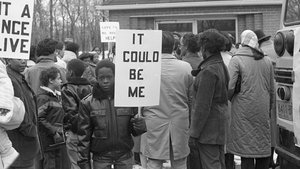

Part 1
Long-held racial and economic divisions percolate in Atlanta. When African American children begin disappearing and showing up dead, the city is on the verge of an unprecedented crisis. Outraged members of the black community call for swift action.
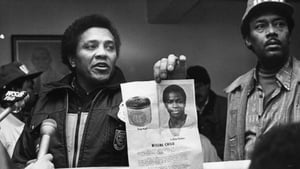

Part 2
By 1980, as distrust in the police deepens, citizens organize to protect their neighborhoods and take matters into their own hands. When a volunteer search party finds a slain child in an area local police canvassed a day earlier and more and more children continue to disappear, the FBI is called to step in. We learn more about Wayne Williams, a local talent scout, who might have been recruiting some of the victims.
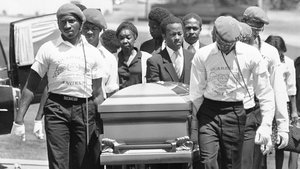

Part 3
With the murder count rising, law enforcement faces immense pressure to make an arrest. On May 22, 1981, an FBI stakeout of the city’s bridges leads investigators to 23-year-old Wayne Williams, who becomes the main suspect in the killings and is promptly arrested. As Williams’ trial gets underway in January 1982, victims’ family members, the press and the public descend on the courthouse to witness the trial.
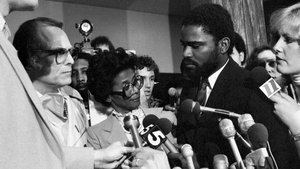

Part 4
Prosecutors introduce pattern evidence mid-trial that they assert links him to ten of the child murders. Drawing predominantly on hair and carpet fibers found on the victims, the jury delivers a swift guilty verdict in February 1982. Just days later, the Atlanta police department shuts down the task force investigating the 30 murders, and attributes most of the cases to Wayne Williams. A year later, as the dissent of an unconvinced community grows louder, the Georgia Supreme Court makes the controversial decision to deny Williams’ plea for a retrial.
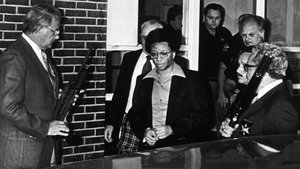

Part 5
In the mid-1980s, Wayne Williams’ appeals attorney Lynn Whatley anonymously receives shocking new evidence connecting members of the Klan to the murders. An undercover informant and several investigators take the stand as a judge evaluates Williams’ plea for a retrial. Forty years after the murders began, the victims’ family members gather to grieve, discuss Williams’ guilt or innocence, and assert their unwavering commitment to finding out what really happened to their children. Series finale.





